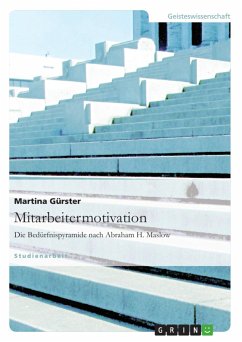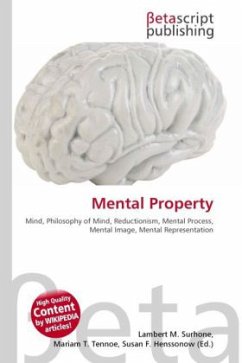
Abraham Kaplan
Versandkostenfrei!
Versandfertig in 6-10 Tagen
32,99 €
inkl. MwSt.

PAYBACK Punkte
16 °P sammeln!
Please note that the content of this book primarily consists of articles available from Wikipedia or other free sources online. Abraham Kaplan (June 11, 1918 - June 19, 1993) was an American philosopher, known best for being the first philosopher to systematically examine the behavioral sciences in his book "The Conduct of Inquiry" (1964). His thinking was influenced by pragmatists Charles Sanders Peirce, William James, and John Dewey.Kaplan''s parents were Joseph J. and Chava (Lerner) Kaplan. Abraham''s father was a Rabbi. He was raised in Odessa, Ukraine. He became a naturalized citizen of t...
Please note that the content of this book primarily consists of articles available from Wikipedia or other free sources online. Abraham Kaplan (June 11, 1918 - June 19, 1993) was an American philosopher, known best for being the first philosopher to systematically examine the behavioral sciences in his book "The Conduct of Inquiry" (1964). His thinking was influenced by pragmatists Charles Sanders Peirce, William James, and John Dewey.Kaplan''s parents were Joseph J. and Chava (Lerner) Kaplan. Abraham''s father was a Rabbi. He was raised in Odessa, Ukraine. He became a naturalized citizen of the United States in 1930, after immigrating to the country in 1923. In 1937, he graduated in chemistry from the College of St. Thomas. He received a Ph.D. in philosophy 1942 from the University of California, Los Angeles. He was assistant professor at New York University from 1940-1945. He then returned to the UCLA Department of Philosophy as assistant professor for the next four years of his life, and associate professor for three years after that. Kaplan became a professor of philosophy in 1952, and stayed there for twelve years. He was also chair of the department for those twelve years, along with two years past that.












